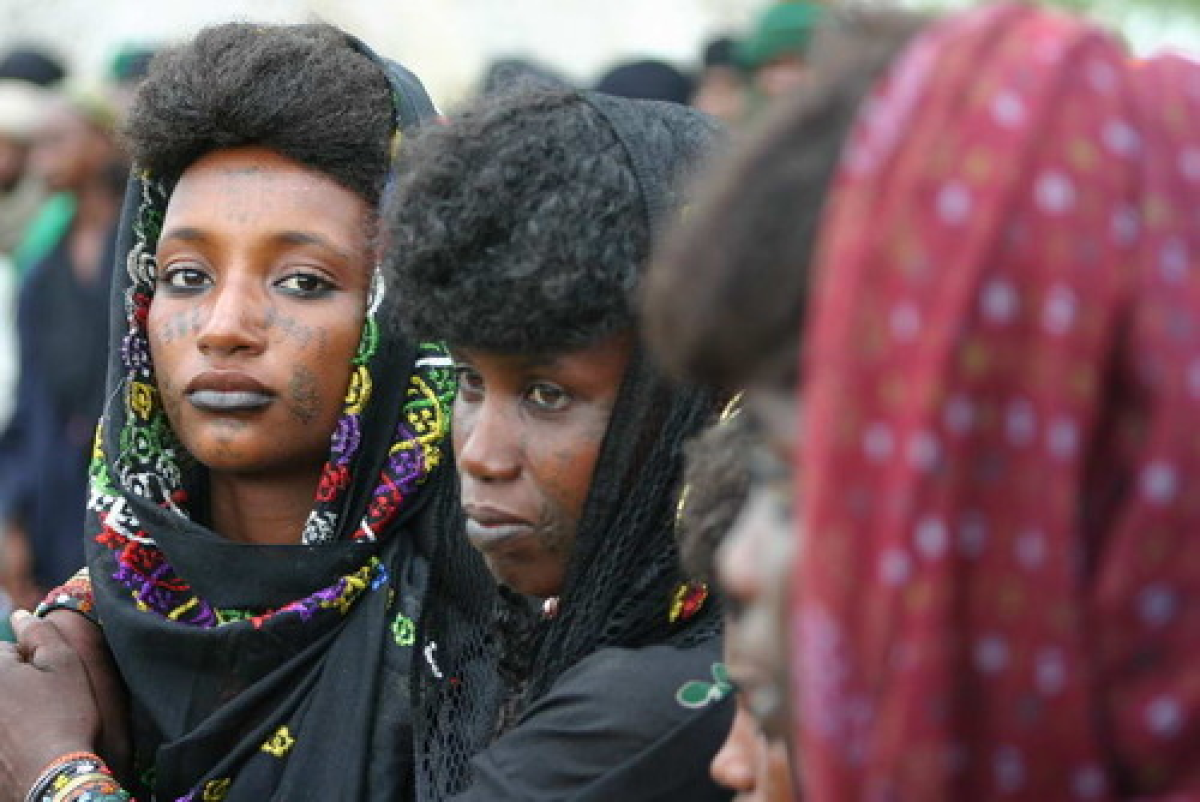Located on the Atlantic coast of West Africa, the area now known as Guinea came under European influence from the 15th century with the arrival of Portuguese explorers. The coastal region became an important staging post for the slave trade.
The French arrived to stake a claim on the area in the mid-19th century, with the ruler of Fouta Djallon placing his territory under French protection in 1881.
The independent Malinke state, ruled by Samory Touré, resisted the French military until 1898, and it wasn’t until 1915 that the whole country was under French control.
The French protectorate of Rivières du Sud was declared a separate colony from Senegal in 1891. As French Guinea, it joined the Federation of French West Africa in 1895.
In 1958 the French Fourth Republic collapsed due to political instability. In the referendum on the constitution for the French Fifth Republic, only Guinea—under the influence of Ahmed Sékou Touré, the great-grandson of Samory Touré, voted against membership in the French Community.
On 2 October 1958 Guinea became independent, with Sekou Touré as the new country’s first president. The other French African colonies would have to wait a further two years before they gained their independence.
Independence Day in Guinea is a patriotic holiday celebrated across over the country with parades, dances, and sports competitions, especially in the capital city of Conakry.
